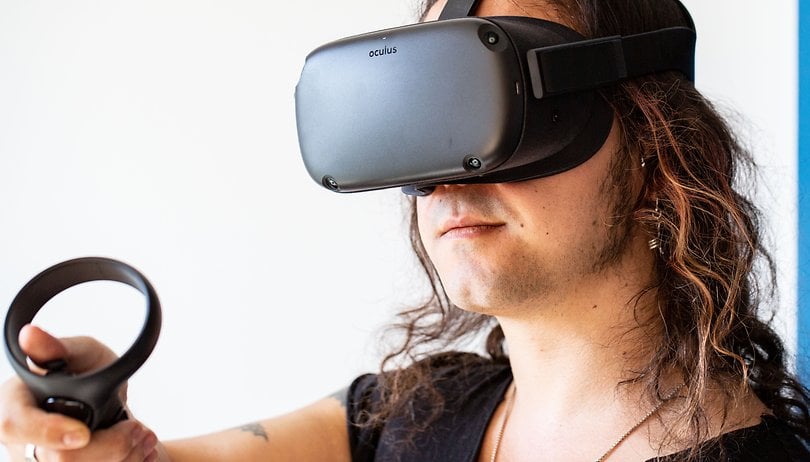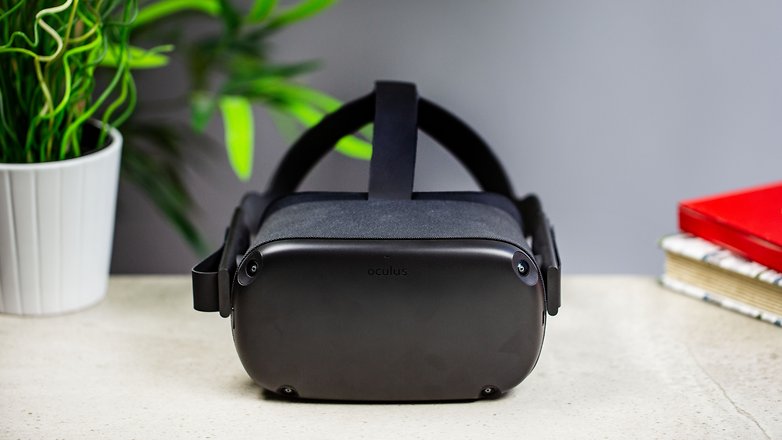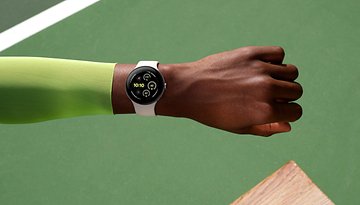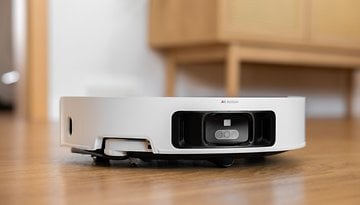Poll results: Oculus pips Valve on the road to VR success


The end of April was an exciting time for virtual reality enthusiasts. We were treated to the launch of both the Oculus Quest and the Valve Index. But with the two devices world's apart, which major player in VR is on the right track? You have decided.
Facebook's Oculus Quest and Valve's highly-anticipated Index VR are very different products. They designed for different audiences, pitched at different price points, and far apart in terms of power. The Quest is a light VR unit with six degrees of freedom tracking. It also comes in at a reasonable price point - starting at $399 for the 64GB version and $499 for the 128GB version.

The Valve Index, on the other hand, is more of a high-end device. Its paired LCD panels have a high combined pixel resolution of 2,880 x 1,600 and it comes with the new 'knuckles' controllers and built-in headphones - something the Quest doesn't have. Then there's the price, an eye-watering $999 and that's before you factor in the high-end PC you will need to run it.
We asked AndroidPIT readers which of these two opposite corners of the market interested them the most. The result was close, with 52% of respondents opting for the Oculus Quest and 48% going for the Valve Index. In the comments, storm said that neither device was very exciting. You can see the results in the image below.

Are you surprised at the result of our poll? Let us know in the comments section below.




















The Valve Index is for high end VR enthusiasts. The Quest is designed for mass migration into VR. Yes, the high end VR systems are needed to help push the boundaries, because if this we have haptic technology and experimental systems, but it will always remain an important but niche market.
The rest of the world will benefit with stand alone devices which will translate down to this new market as the technology increases. beHaptic (a haptic suit maker) and many other high end VR peripheral makers have said their devices will work with the Quest. So it is already a good indication as to how things will progress. One can't exist without the other. High end is needed to forward the technology, mobile is needed to feed to the masses. I don't se it as the market splitting at all, but more of a natural progression like seen in many technologies.